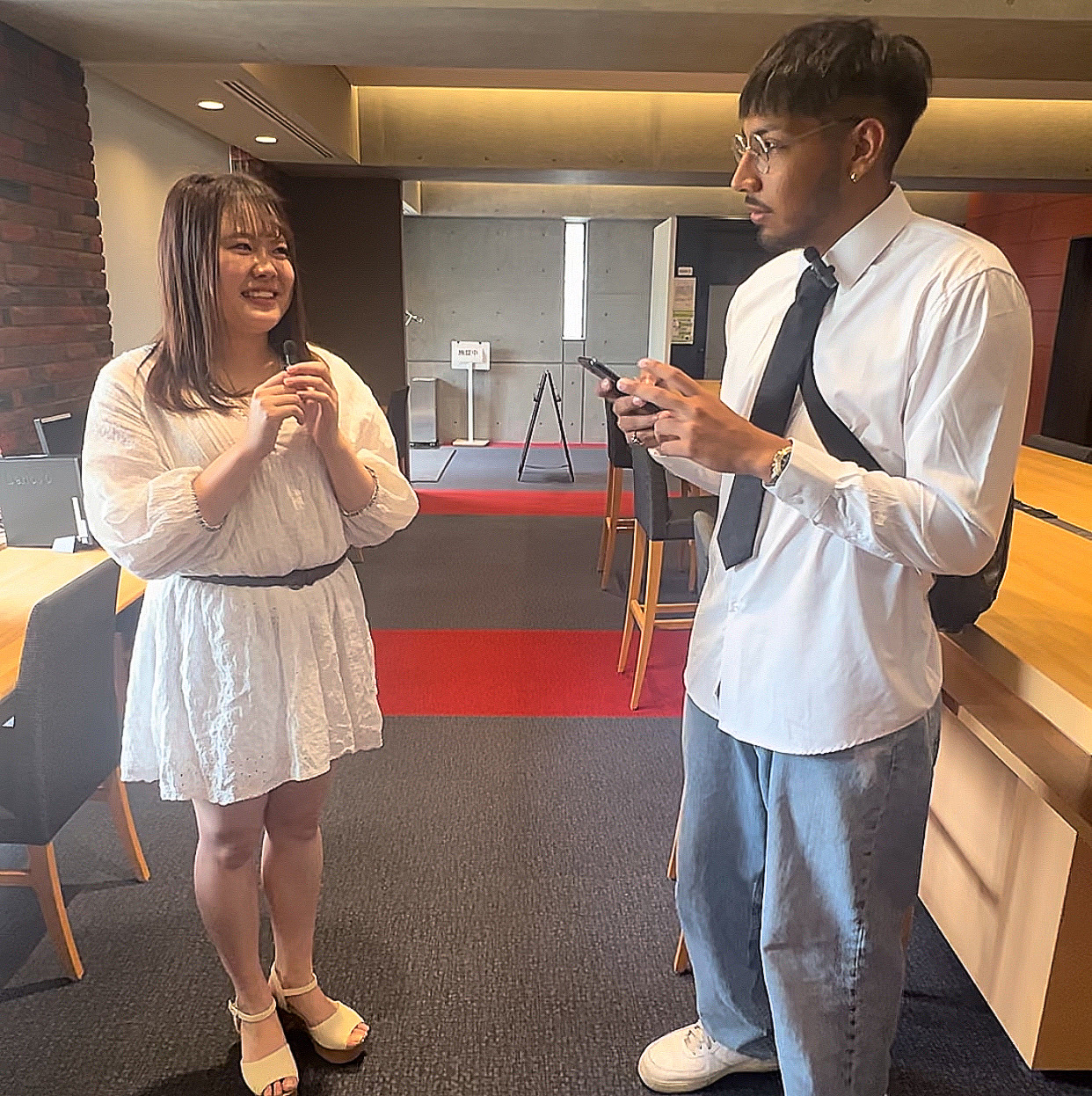
Language is more than just a means of communication; it’s a gateway to different cultural worlds.
When people switch between languages, they often experience shifts in their behavior, tone and personality traits. While visiting Tokyo, I have been exposed to a variety of situations where I need to communicate with Japanese speakers. These situations have shown me how deeply intertwined language and identity are. Throughout this experience I have learned newfound aspects of languages that contribute to changes in personality.
Each language carries its own cultural baggage and shapes how individuals express themselves. For instance, in Japanese culture, communication tends to be more formal and reserved. These aspects of Japanese culture showcase societal values of respect and humility. These shifts are not just about words but about embodying the cultural norms embedded in the language.
A person’s proficiency in a language significantly influences their confidence and expressiveness. Limited vocabulary or grammatical skills can make someone appear more reserved or less articulate.
For instance, SJMC Japan visited Rikkyo University and met with a variety of students who spoke English. The level of English was different for each student. The more fluent they were, the more likely they were to feel more comfortable and confident speaking with us, even though all students spoke a proficient level of English.

When the class got separated into groups, I ended up with two Rikkyo University students. When I introduced myself, I did so in Japanese. The students in the group were shocked and in awe to hear their native language being spoken by a foreigner. Instantly their expressions changed from cautious and restrained to more open and animated.
On the other hand, now that Japanese was being spoken to drive the conversation, I noticed that my personality shifted as well. I went from calm, well-spoken English to a nervous-but-curious and tentative Japanese speaker. That did not stop me from trying my best to show my personality to the students. Learning Japanese beforehand made it so much easier to efficiently communicate my expressions and understand the personalities of the students as well.
Code-switching, or the practice of alternating between languages or dialects within a conversation, often involves more than just linguistic changes. It can also entail shifts in behavior and social roles.
During our visit to Shinjuku, I observed many employees using this technique. Whenever I spoke to an employee at any store, they would reply to me in an enthusiastic tone. However when the employees talked amongst themselves their tones and body language shifted dramatically. It seemed as if it were a muscle that they trained to get stronger and more efficient with each use.


Typically, Japanese workers use this technique to exhibit professionalism, respect for the customer and adherence to social etiquette. In contrast, when Japanese workers talk among themselves, the speech becomes more casual. Their word choice is less formal and incorporates a relaxed tone. This shift allows them to feel more comfortable and communicate more efficiently without the constraints of formal language.
The skill of code-switching improves with practice and experience. Japanese workers, especially those in customer service roles, develop this ability through repeated interactions in their professional and personal lives. So naturally many Japanese adjust their demeanor to suit each setting. This flexibility allows them to navigate different social environments effectively but also illustrates how language can cue different aspects of one’s personality.
On this journey through Tokyo, I acquired more knowledge on the complex relationship between language, culture and identity. When people switch between languages, they are not merely translating words but also navigating cultural landscapes and adapting to their level of comfort and fluency.





